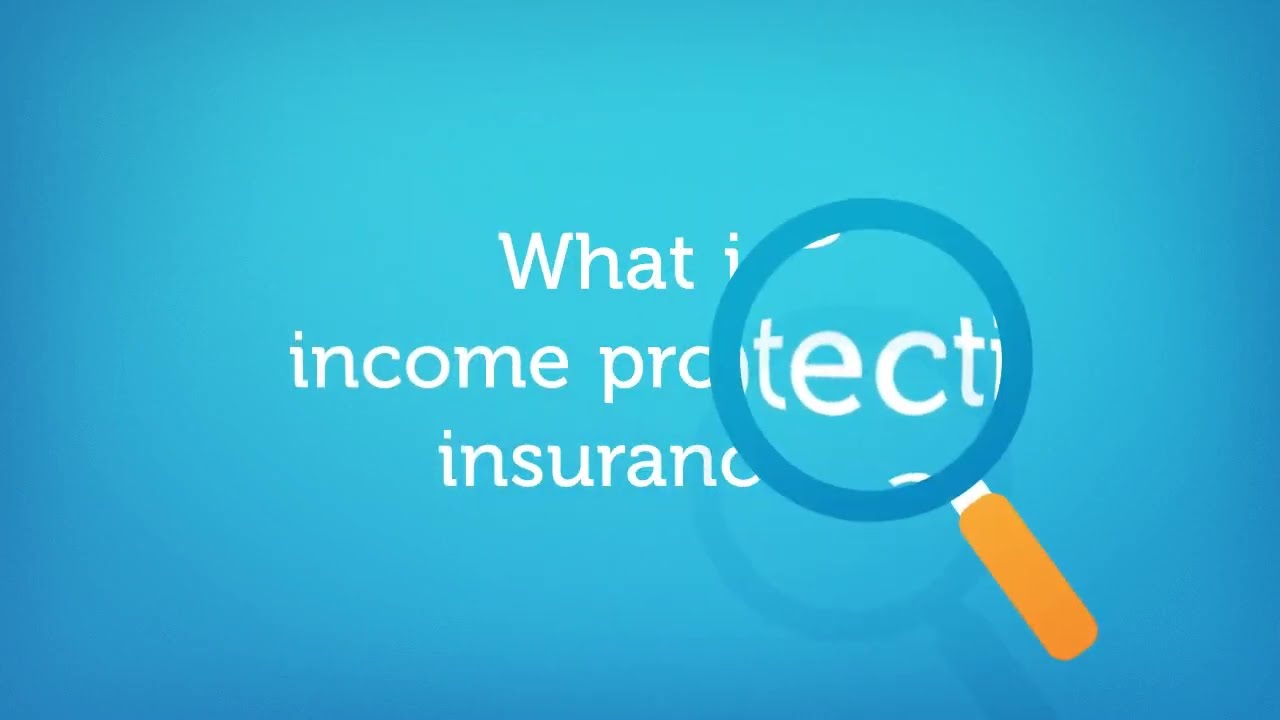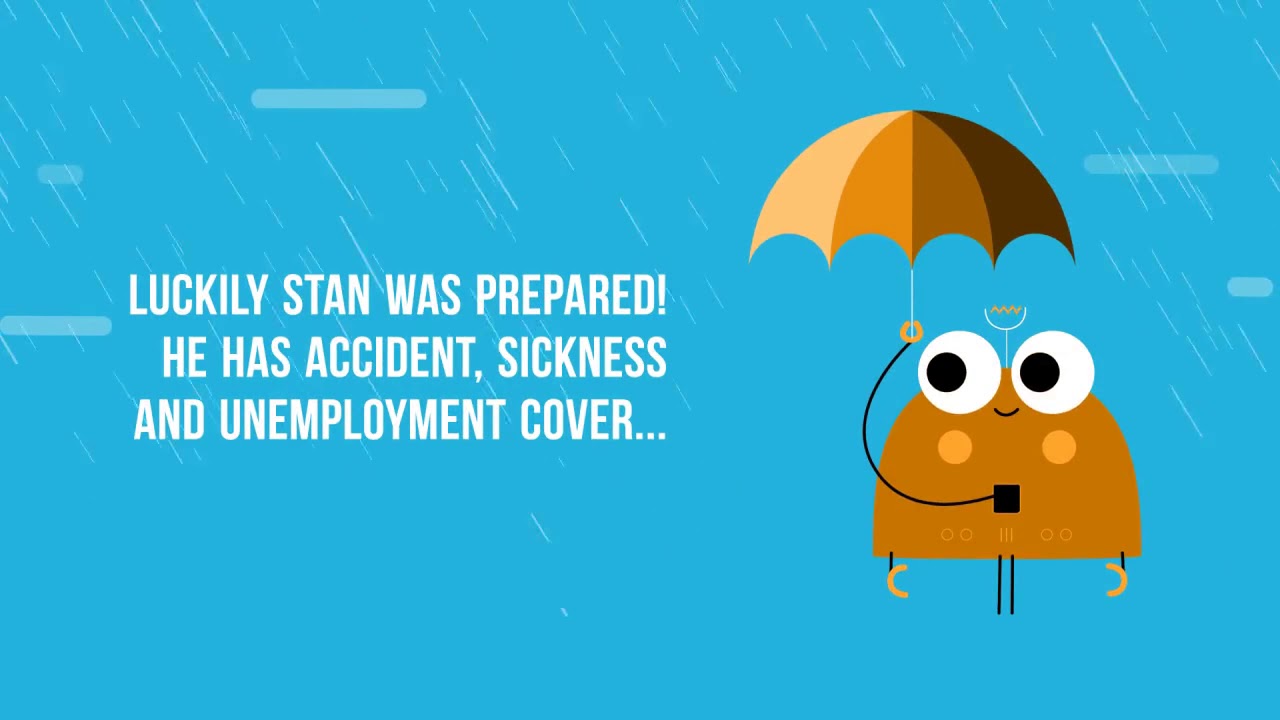You can cancel your policy at any time by contacting us. You can contact us by:
Telephone: 0330 330 9465 (09:00 am to 05:00 pm Monday — Friday excluding bank holidays. Calls are charged at your standard network rate). All calls are recorded for training, compliance and claims purposes.
Email: customersupport@bestinsurance.co.uk
If you cancel your policy within 30 days from the day you bought it or the day you get your policy documents (whichever happens later), any premium paid will be refunded if you have not made, and do not intend to make, a claim. After the initial period of 30 days, you can cancel your policy at any time however you will not receive a refund.











